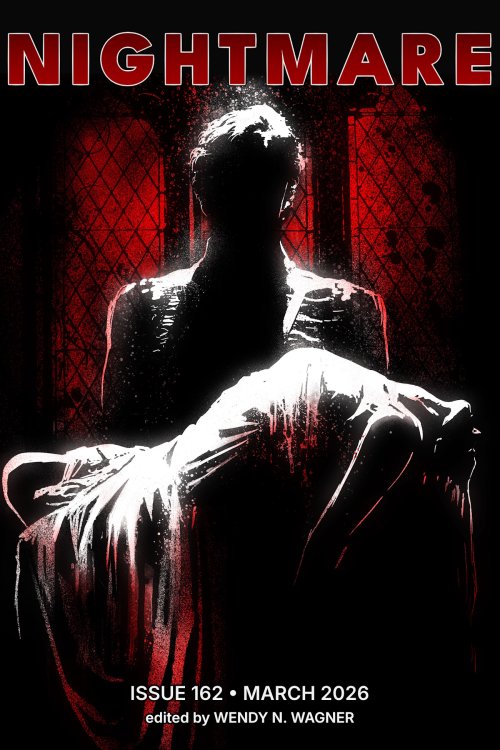Author Spotlight
Author Spotlight: Charles Payseur
This story is basically my Wisconsin spring story. Spring normally hits here in May. For the last two years we’ve had snow well into May, and last year was the worst winter in a long time. We had something like a foot and a half of snow on the ground for three months. It was . . . not fun. So the moment it was warm enough to go outside my partner and I were biking on the trails around town. And the first thing you notice here in the spring is the deer corpses.








